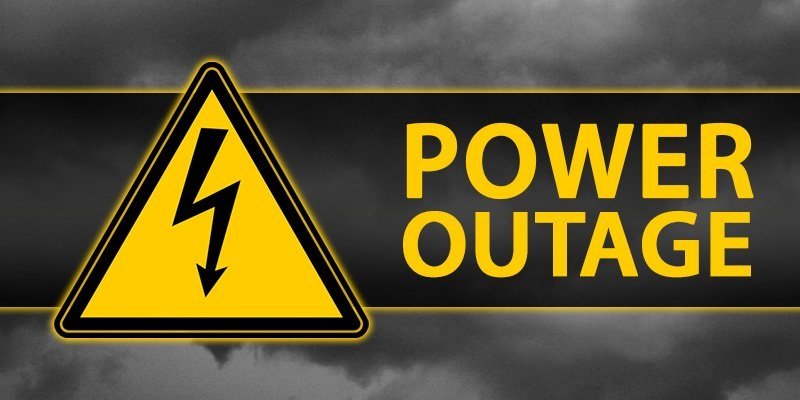How to Handle Power Outages: Safety Measures and Preparation
When storms strike and power outages occur, FirstEnergy assures that utility crews work tirelessly to restore electricity as swiftly as possible. However, depending on the severity of the damage and the extent of the required repairs, some customers might experience prolonged outages. Here are some valuable tips to safely manage an extended power outage:

Do’s During a Power Outage
- Check with Neighbors: Determine if the outage is affecting your entire neighborhood or just your home. If only your home is without power, the issue might be localized.
- Inspect Circuit Breakers or Fuses: Safely check for tripped breakers or blown fuses. Sometimes, resolving the issue can be as simple as flipping a switch.
- Report the Outage: Once you’ve confirmed the issue isn’t resolvable on your end, report the outage immediately. This helps crews identify and address the problem faster.
- Stay Informed: Enroll in alert services to receive automatic updates via text messages or emails about your outage status. Follow FirstEnergy on Facebook and Twitter for real-time alerts and updates.
- Use the Real-Time Outage Page: Check for the latest information on the outage, including causes, estimated restoration times, and crew status.
- Preserve Food: Keep your refrigerator and freezer closed to maintain cool temperatures. Consider buying bags of ice to help preserve perishable items.
- Relocate if Necessary: If safe, move to a more comfortable location. Since heat rises, try staying on the lowest level of your home to stay cooler.
- Operate Generators Safely: Follow the manufacturer’s instructions and local building codes when using a generator.
- Protect Sensitive Devices: Unplug sensitive electronics to protect them from power surges. Leave an incandescent light on to signal when power is restored.
- Enjoy Family Time: Spend quality time with family, play games, and make memories. If conditions are safe, go outside for fresh air and exercise.
Don’ts During a Power Outage
- Don’t Panic: Call the emergency helpline number. If you see a downed wire, assume it’s live and dangerous. Stay clear and report it immediately to the emergency helpline number.
- Don’t Assume We Know: Report your individual outage, as our technology may not detect specific household outages.
- Never Operate a Generator Indoors: Backup generators emit carbon monoxide (CO), which is extremely dangerous or even fatal if inhaled.
- Avoid Using Candles: Especially around pets or small children. Never leave burning candles unattended.
- Save Battery Power: Conserve battery life on electronic devices for essential communications and updates.
Be Prepared for Power Outages
Preparation is key to minimizing the challenges of a power outage. Consider maintaining an emergency kit that includes:
- Flashlights
- First aid kit
- Extra batteries
- Battery-powered radio
- Bottled water
- Camping equipment
- Cell phone and car charger
Diversify Home Energy Sources
Homeowners heavily rely on electricity, generated from coal, nuclear power, and water energy. Without it, daily life can come to a halt. Here are some ways to diversify home energy resources:
- Solar Power Panels: Invest in solar panels to generate electricity even during outages.
- Alternative Heat Sources: Pellet stoves or wood-burning stoves can provide heat and serve as cooking surfaces if the primary heating system fails.
- Outdoor Cooking Options: Coal-fired smokers and gas-powered grills can be useful for cooking if electric ranges and ovens are inoperative.
- Solar-Powered Chargers: Keep solar-powered chargers for phones and tablets on hand to stay connected during outages.
By preparing in advance and following these tips, homeowners can effectively manage power outages and maintain a level of comfort and safety.